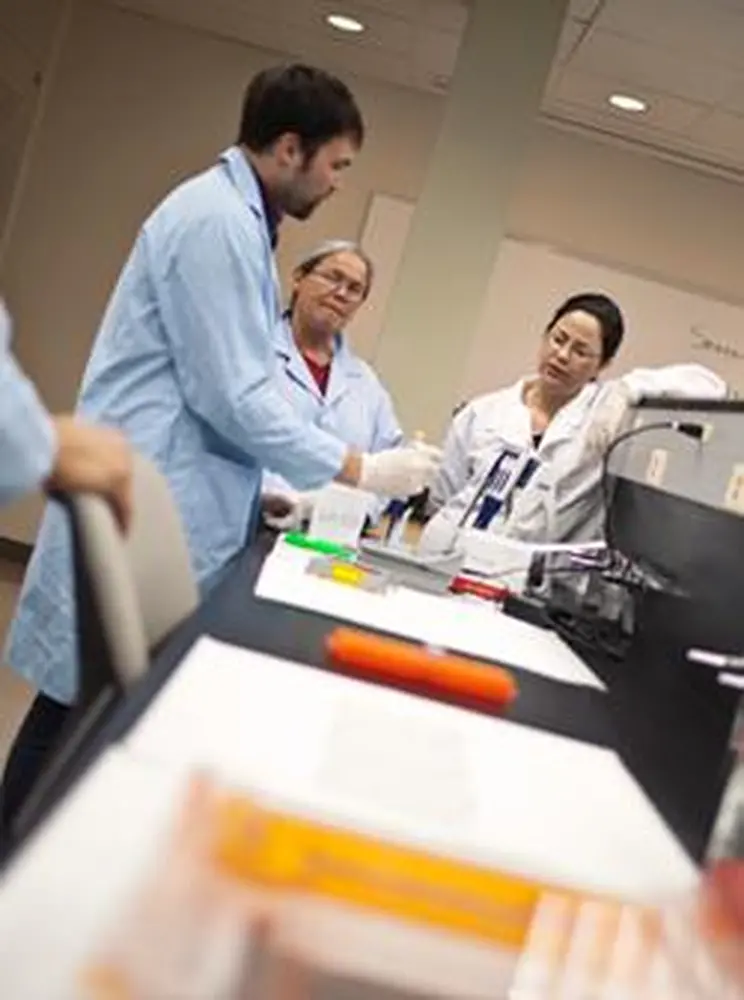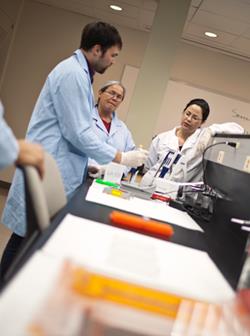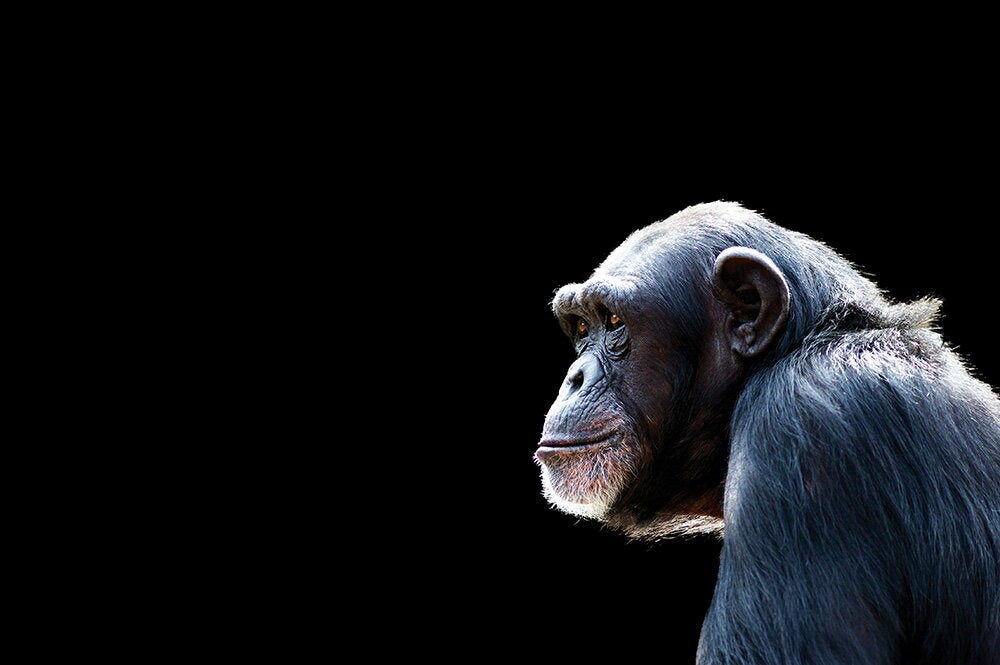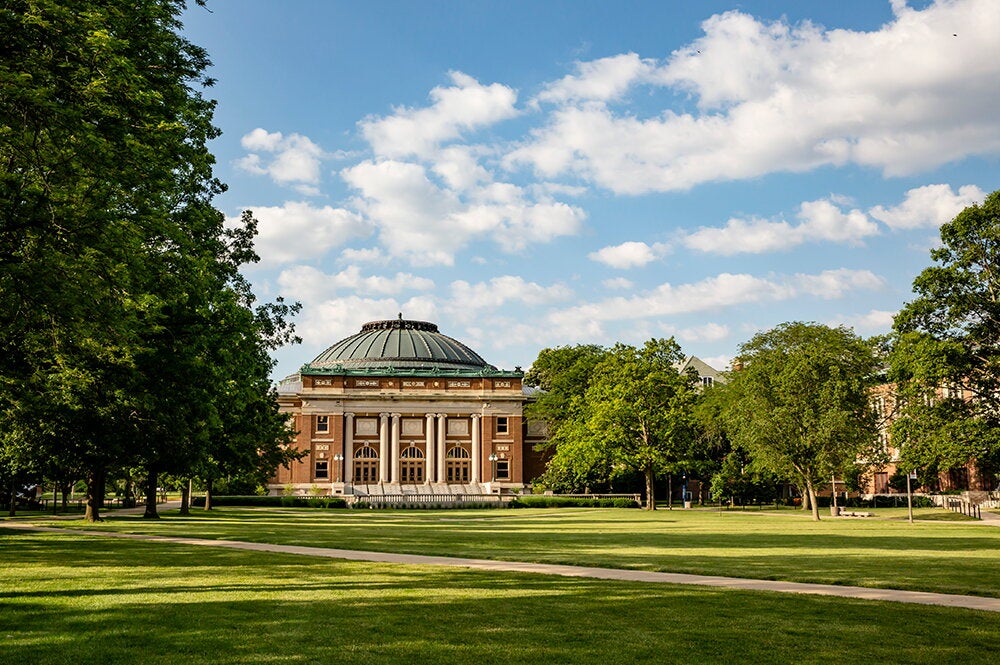

Genetics research has been heralded for its potential to fight disease and understand human history. Since scientists mapped the human genome in 2003, however, the hard part has been building relationships in which people are comfortable turning over their DNA for research.
This was the catalyst behind the U of I’s Summer Internship for Native Americans, a week-long workshop exposing participants from indigenous communities to a mix of lab experience and discussions on the cultural, legal, ethical, and scientific issues in genomics research.
Some indigenous communities have been at the center of nationally publicized disputes between geneticists and Native Americans. Scientists have been accused of misusing Native American DNA samples or taking them without ever reporting back the results. Native Americans complain that press coverage of these disputes leaves them appearing to be anti-science.
Ripan Malhi, a molecular anthropologist at U of I who studies how humans migrated in the Americas, organized the workshop in hopes that it creates trust between scientists and indigenous communities—and also increases the number of Native Americans in leading science positions.
“When you see in the New York Times and other places that Native Americans are anti-science, it’s just inaccurate,” Malhi says. “Just by visiting these communities there seems to be a lot of people interested in learning these research techniques.”
Attendance at the workshop was capped at about a dozen Native Americans from across North America who were selected during an application process. Some attendees had extensive science and laboratory experience while others had none before participating in educational lab sessions in the U of I’s Institute for Genomic Biology. Some participants were the only members of their home community with a science background.
Joycelynn Mitchell, an office worker from Metlakatla, British Columbia, where Malhi conducts research, has no science experience but came in hopes that she could help people back home understand the issue and alleviate misgivings about turning over genetic material.
“Knowing that the other [workshop] participants are actively involved in science, it provides a networking opportunity,” she says. “We have contacts that we can reach out to and say, ‘We have a question on this. What should we be asking or what should we be thinking about?’”
The workshop benefited researchers, too. Brian Kemp, a professor of molecular anthropology at Washington State University, led laboratory sessions during the workshop. He works with ancient DNA obtained from skeletal remains, and while he has enjoyed cooperation from indigenous communities in his work, he’s well aware of conflicts between Native Americans and scientific researchers.
“It’s going to be alleviated by education and transparency, and that’s what this workshop is about,” he says.


